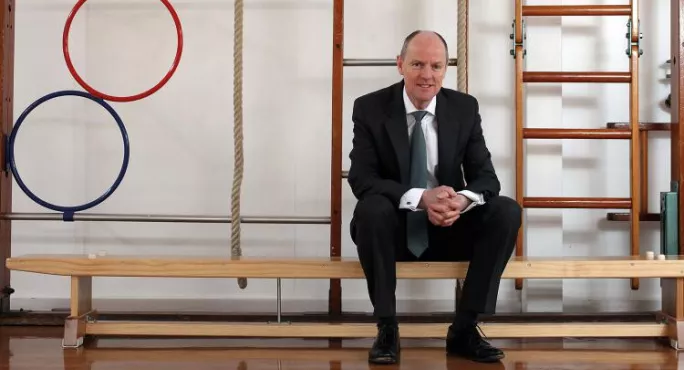Today is Commonwealth Day and a chance to celebrate our membership of this unique institution, built on deep, historic links that span the globe. This year is even more significant as Britain prepares to host the Commonwealth Heads of Government Meeting in April. Leaders, business, civil society and young people from around the world will meet to discuss a common future and how we can work together to ensure that all young people can make the most of their lives.
Teachers have a crucial role to play in helping us to achieve this ambition. Education - whether that is being taught by excellent teachers or attending a great school - is key to ensuring all pupils have the knowledge and the qualifications that set them up for life, wherever they are growing up.
The government’s reforms to education in England are a great example of this. Thanks to those reforms and the hard work of teachers, standards are rising. There are 1.9 million more children in good or outstanding schools in England than in 2010 and nine out of ten schools given this rating at their last inspection. The attainment gap between disadvantaged pupils and their more affluent peers has also narrowed since 2011 - by 10 per cent at secondary and more than 10.5 per cent at primary school.
These results reflect the passion, expertise and determination of the profession to make a difference and I hope teachers across the country feel immensely proud of the improvements we have seen.
Thanks to them, our education system is now recognised globally. The PIRLS international results showed that following the introduction of the phonics check, standards in reading have risen significantly. This year, 154,000 more 6 year olds are on track to be fluent readers than in 2011. And the PIRLS data shows our 9 year olds have significantly higher standards of reading comprehension.
But we know there is more to do. As the education secretary Damian Hinds said this weekend, we have a brilliant generation of teachers in our schools and the profession is still a top destination for graduates in this country - there are more teachers in our schools than ever. However we need to continue to attract the best and the brightest. That’s why we announced a package of support - together with Ofsted and the Association of School and College Leaders - to help schools with teacher recruitment and retention, and to reduce the workload that too often stops teachers from having the time and the space to focus on what actually matters to pupils.
This includes giving teachers more time to learn from and share our successes with the world, particularly with other Commonwealth countries. We have already taken inspiration from Singapore to ensure our maths curriculum can compete with the best in the world. Over 2,500 primary schools in England are now benefitting from our £74m investment in the Asian-style Teaching for Mastery programme.
Being part of the Commonwealth presents young people with opportunities to learn about other countries and cultures. That’s why we have created an education pack designed to further pupils’ understanding of the Commonwealth, including its structure, principles and some of the great people from its history. Already more than 10,000 copies of that pack have been downloaded and I hope it is being used to teach young people about the Commonwealth and its core values.
This international network of countries - the Commonwealth - is home to 2.4 billion citizens, making up one third of the world’s population, and brings together people from a diverse range of faiths and backgrounds. Over the years, we have worked towards common interests such as peace and democracy and, together, we can help meet the challenges we face both now and in the future. With the help of teachers across the country, we can inspire the next generation and share our pride in the Commonwealth.
Nick Gibb is minister of state for school standards




